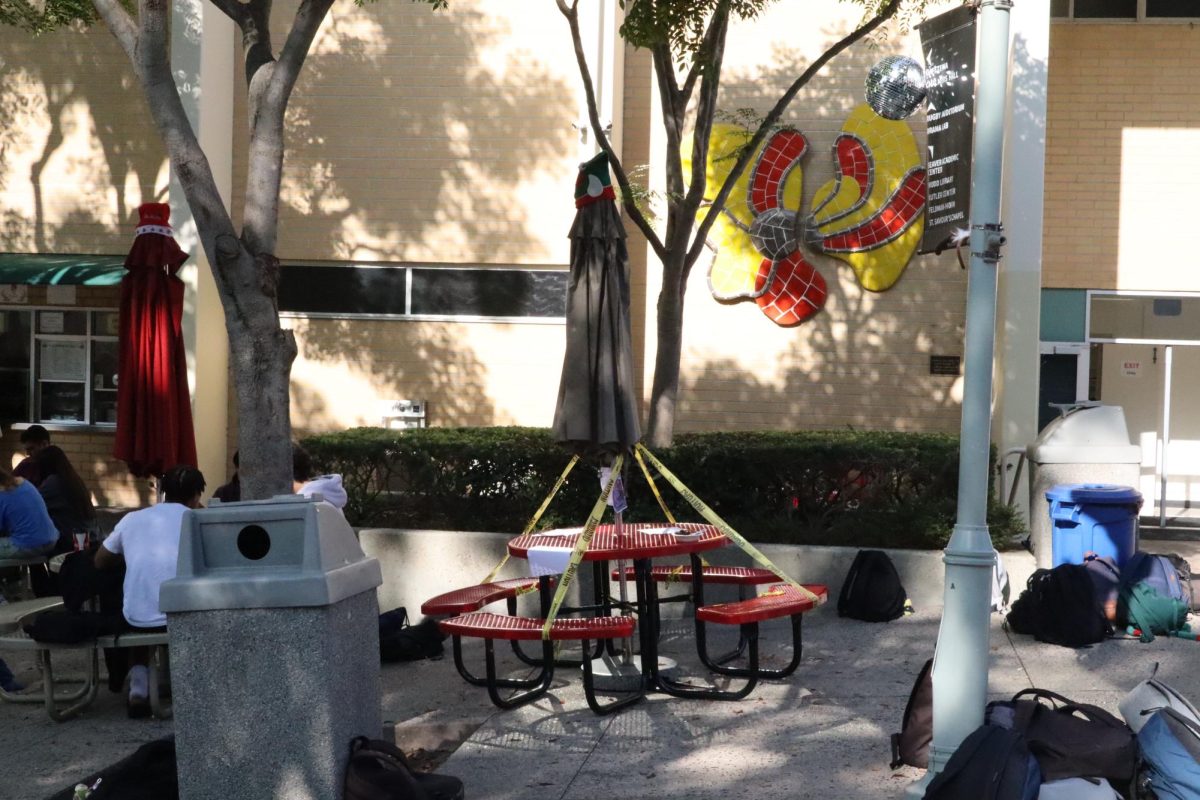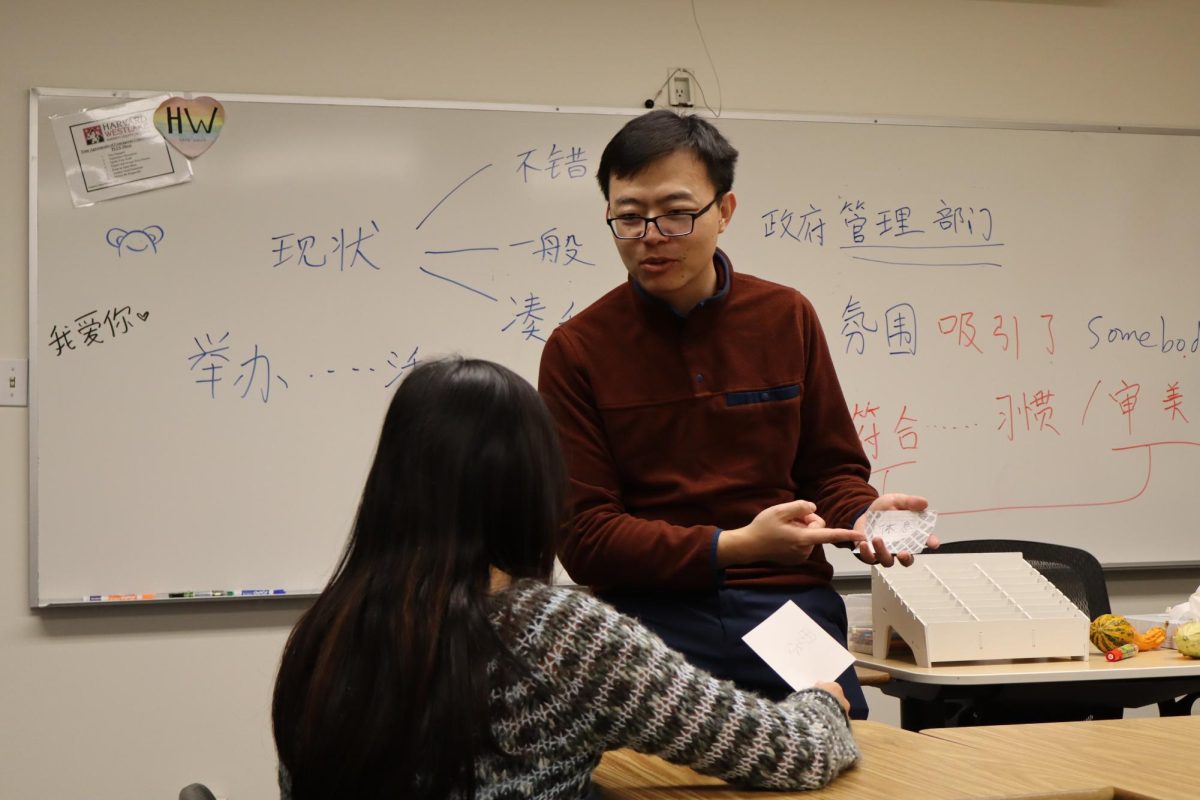The school hosted author Steph Cha ’03 on Dec. 13 to Ahmanson Lecture Hall, where she delivered a talk about her 2019 novel, “Your House Will Pay.” The book was inspired by real-world events and explores the lasting impacts of violence and racial injustice — topics Cha explored in depth during her presentation. “Your House Will Pay” draws upon the tragic death of Latasha Harlins, a 15-year-old Black girl fatally shot by a Korean store owner in 1991 during the lead up to the Los Angeles riots. Cha reimagines this history through the fictional story of Jung Ja Han, a Korean liquor store owner who kills an unarmed Black teenager, Ava Matthews. Matthews’ death emerges as a symbol of racial injustice, a central theme that drives the novel’s exploration of generational trauma and the complexity of societal divisions. Cha said one of her primary objectives in writing the novel was to offer readers a more layered and nuanced understanding of both the characters and the circumstances that gave rise to tragic events.
On the day of the presentation, seniors in the Criminal Minds English class gathered to engage with Cha and learn from her experience. After the talk, students inquired about her writing process, creative influence and the broader social issues that informed her work. Cha said her personal connection to the Los Angeles community played a significant role in shaping her book. “I grew up going to the Korean market in these [San Fernando] valley strip malls and knew that community pretty well, so I drew on all of that in writing the book,” Cha said. Cha said she took inspiration from a radio show discussing Latasha Harlins’ tragic death, which helped her structure her novel’s plot. “I heard an interview on KCRW with the author Brenda Stevenson about Latasha Harlins and Joyce Carlin, the judge who sentenced the woman,” Cha said. “That helped me conceive the plot of the novel.”
Cha said hearing the Korean store owner’s personal account of taking the life of an innocent Black individual evoked her own feelings of guilt over the complex racial tensions within her own community. “I felt shame hearing about something this Korean woman I had never met had done,” Cha said. “I felt implicated because when you’re part of a small community like that, everything feels like it reflects on you.” Cha’s talk also highlighted the intersection of identity, history and community as a central throughline in her storytelling, emphasizing how these elements shape and influence her characters’ experiences within the novel. Cha said the different aspects of one’s identity are not separate, but that they are deeply interconnected. “One of the main things that I was concerned about when writing this novel was the intersection of the personal and the political, the way that our lives collide with the lives of other people and the lives of other communities and the broader world,” Cha said. “I was writing in my first three books in the first person, and they’re entirely in a colloquial voice. It’s almost like [the character] is narrating, so you’re tied to that voice.”



























